UN: It’s still unsafe for Rohingya refugees to return to Myanmar
UN human rights chief Michelle Bachelet says conditions are not suitable yet for the Rohingya Muslim refugees to return to Myanmar.
During a press conference in the Bangladeshi capital Dhaka on Wednesday, the UN official said it remained unsafe for nearly a million members of the persecuted Muslim minority to go back to their homeland.
For the first time in five years since Myanmar's military committed mass killings of the Rohingya, Bachelet traveled to Bangladesh on August 14 at the invitation of Myanmar’s government. During her four-day trip, she met religious leaders and visited several sites at the Cox’s Bazar camp.
“An estimated 1.1 million Rohingyas are in Bangladesh right now. They described their grievances, pains, how they left and lost everything they have… their livelihoods and loved ones," she said after meeting Rohingya women and youth who shared their concerns and hopes with her.
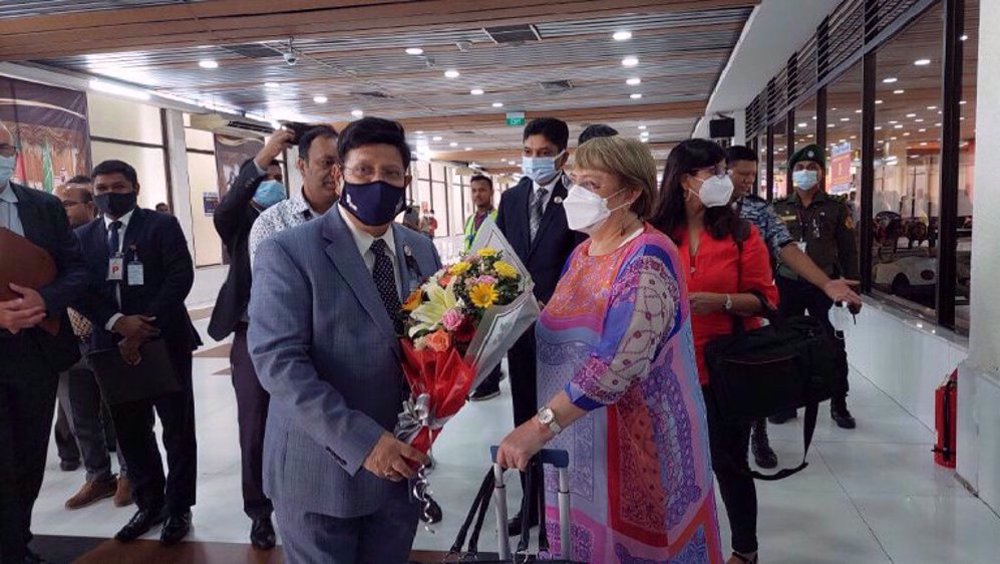
The High Commissioner reiterated the importance of continuing to ensure that safe and sustainable conditions exist for any returns and that they are conducted in a voluntary and dignified way.
“The UN is doing the best we can to support them. We'll continue doing that," she asserted. “But we also need to deal with the profound roots of the problem. We need to deal with that and ensure that they can go back to Myanmar – when there are conditions for safety and voluntary return.”
Bachelet said civic space and enabling conditions were key for the society to play its crucial role in identifying and helping resolve human rights challenges in Myanmar. The official said she had encountered “resounding hope” that the refugees would be able to return.
The United Nations has described the Rohingya people as the most persecuted minority in the world. In 2016 and 2017, thousands of Rohingya people were killed, raped, tortured, or arrested by the military.
The crisis forced the Rohingya people to flee to neighboring Bangladesh and India, where they have been living in miserable conditions, according to human rights organizations.
The government of former de facto leader Aung San Suu Kyi, ousted by the military in a coup, supported the crackdown against the Rohingya. She even traveled to The Hague in December 2019 to defend the military's atrocities.
Nine rights groups said Bachelet should “publicly call for an immediate end to serious abuses including extrajudicial killings, torture, and enforced disappearances” in Bangladesh.
Last year, Washington imposed sanctions on Myanmar’s elite paramilitary force, the Rapid Action Battalion (RAB), as well as seven of its current and former officers over serious human rights violations.
However, Bangladesh denies the allegations and says it would highlight its "sincere efforts to protect and promote human rights of the people."
Journalist Tucker Carlson says he was detained in occupied territories after interview with US amb.
VIDEO | Is there any hope for Russia-Germany relations?
VIDEO | Israeli land grab policies
Nuclear chief: Israeli infiltration, sabotage drove Iran towards nuclear self-sufficiency
IRGC intel. chief: Enemies devised 7-stage plot for recent riots
Israeli minister calls to 'encourage' Palestinian exodus
VIDEO | Press TV's news headlines
VIDEO | Near breakdown: Generators in Gaza’s main hospitals


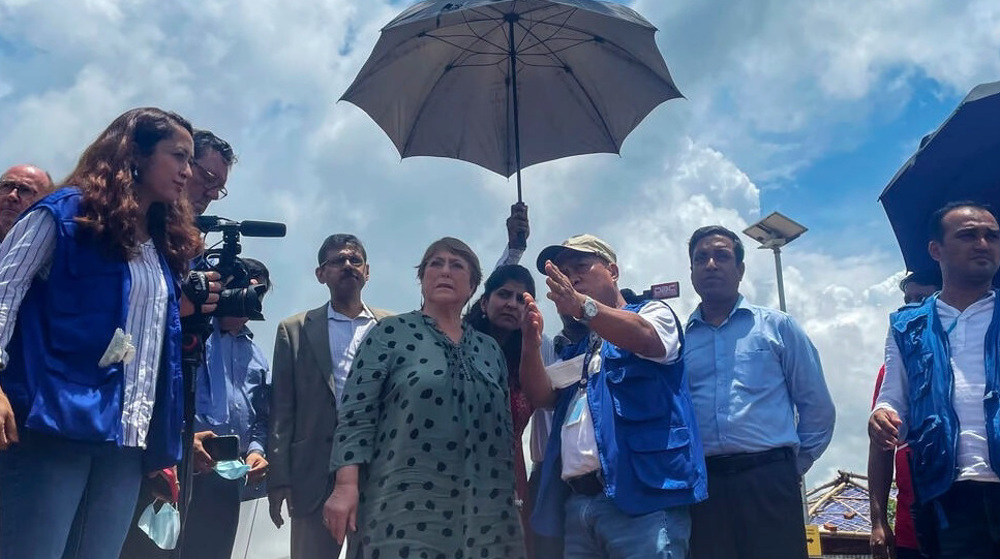
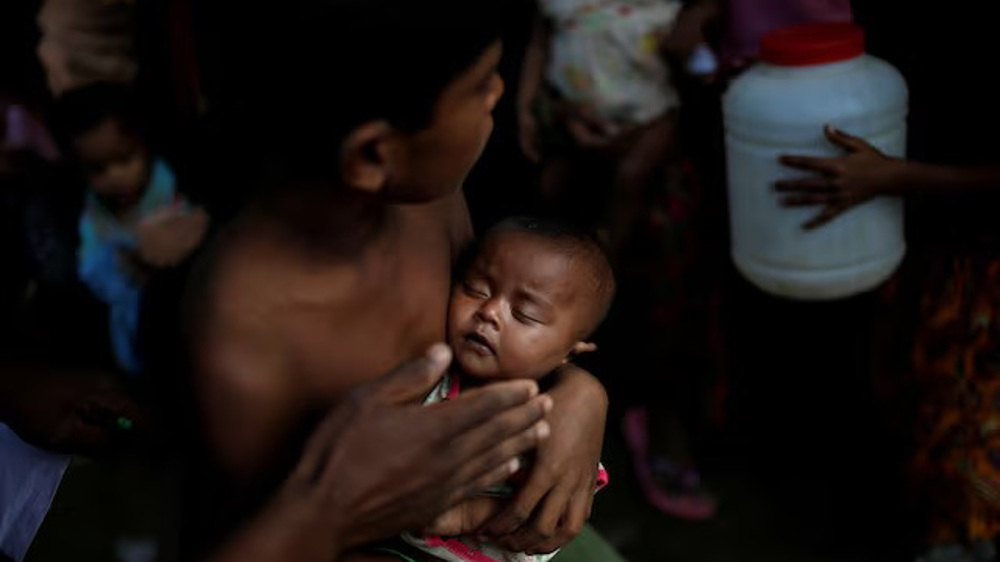
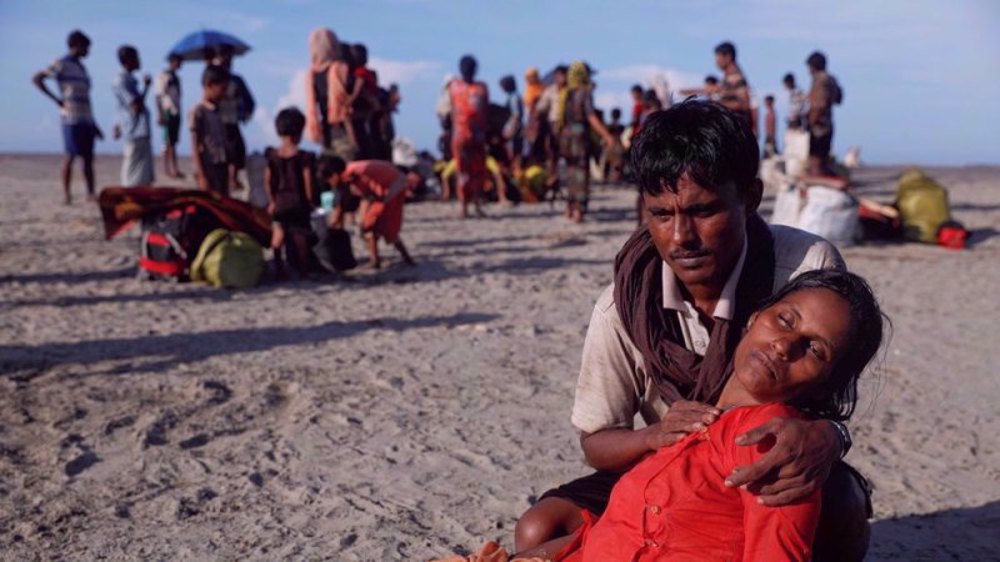
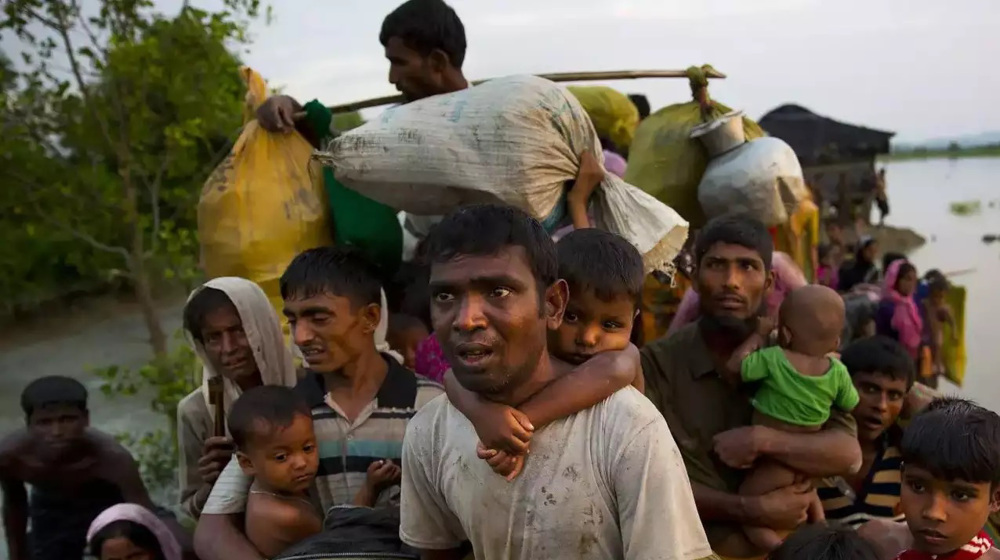



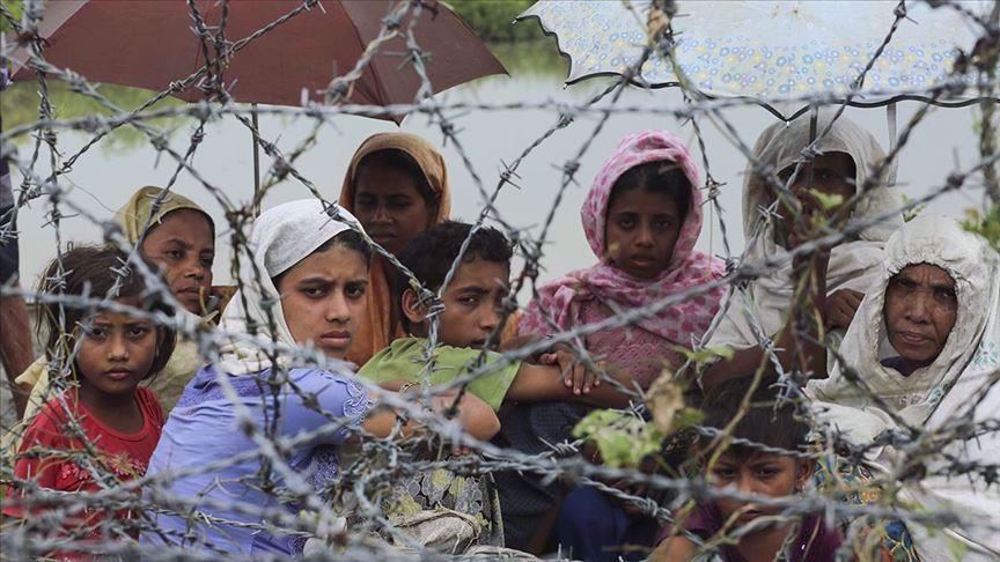
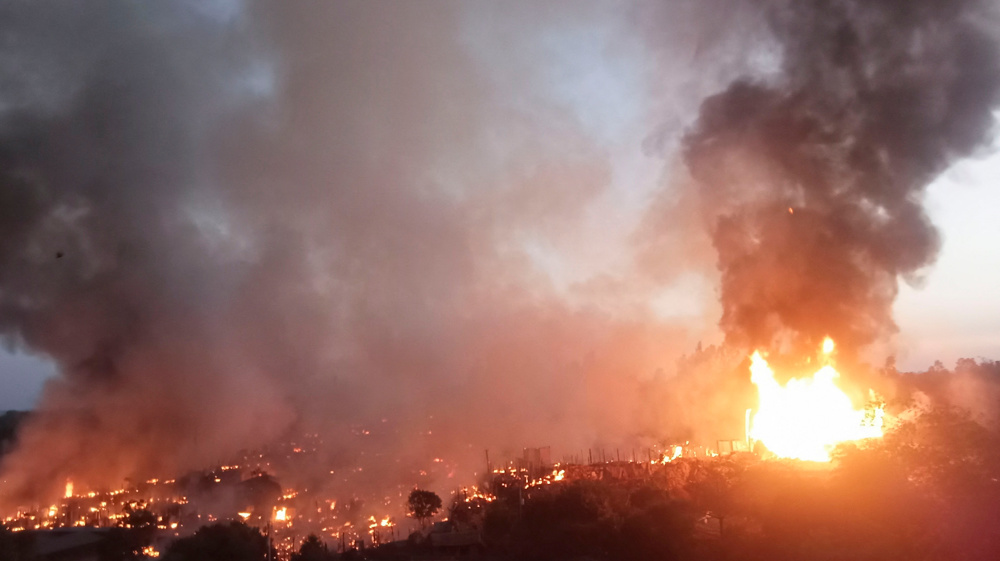
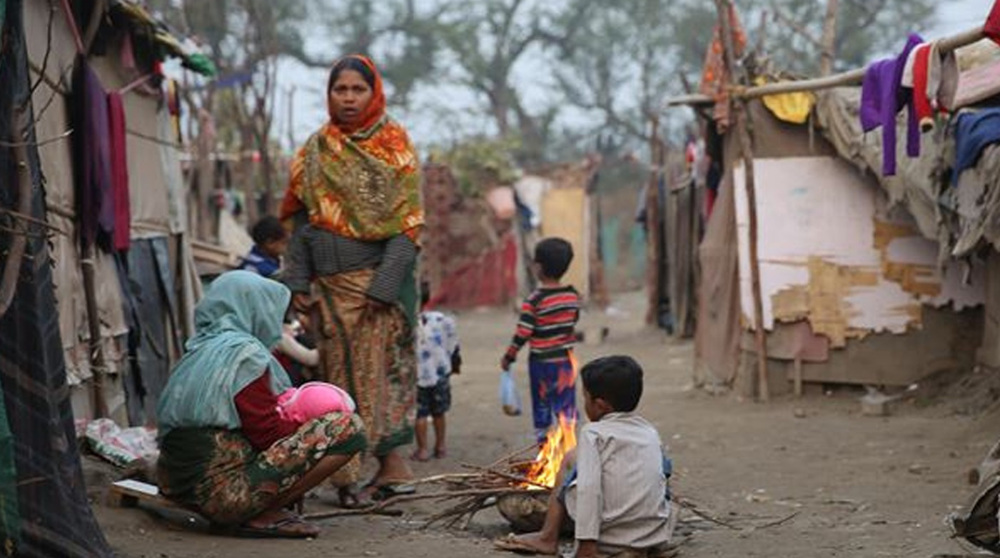

 This makes it easy to access the Press TV website
This makes it easy to access the Press TV website